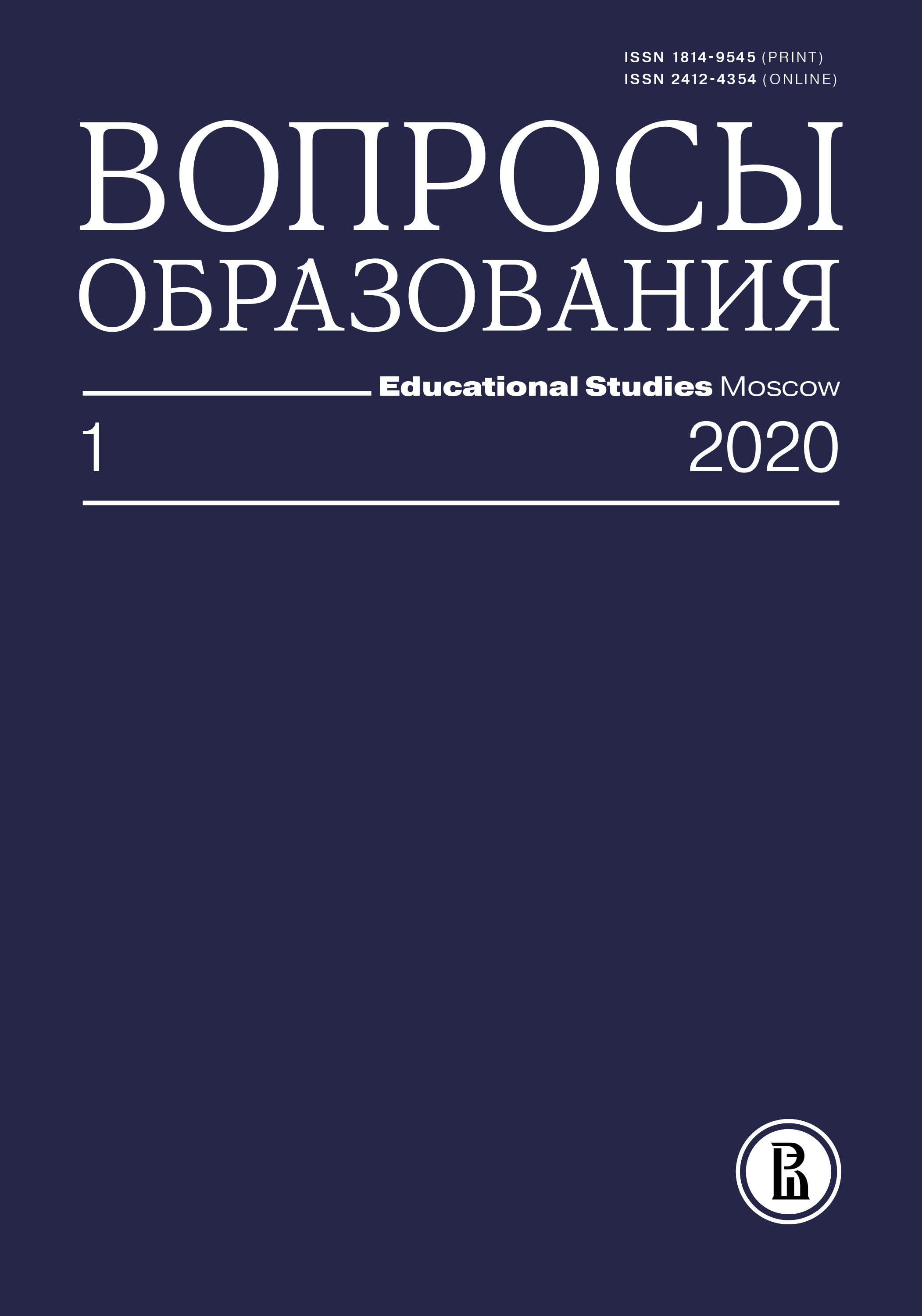Представления студенческой молодежи о профессиональном выборе
Аннотация
На основе данных авторского мониторингового межрегионального социологического исследования «Противоречия и парадоксы социализации студенческой молодежи в условиях транзитивности современного российского общества» (2016 г.) в сопоставлении с результатами подобных изысканий 2006 и 2011 гг. проводится анализ представлений студентов высших учебных заведений о профессиональном выборе. Установлено, что важнейшей профессиональной мотивацией современной студенческой молодежи является ориентация на профессию как на средство саморазвития, и такая мотивация способствует эффективности образовательной деятельности. С другой стороны, студенты плохо представляют себе ситуацию на рынке труда, спрос на специалистов в тех или иных сегментах рынка, что приводит к нарушению баланса в подготовке кадров, избыточности представителей престижных специальностей, нехватке специалистов в других секторах экономики и проблемам с трудоустройством выпускников. Выявлены значительные различия в оценке мотивации профессионального выбора между студентами и преподавателями. Эксперты-преподаватели недооценивают роль интереса студентов к той специальности, которую они получают, и переоценивают роль внешних факторов (влияние родителей, стремление получить высшее образование независимо от конкретной профессии и т. д.). Отличительной чертой современного студенчества в сравнении с учащимися 1990‑х годов является осознание взаимосвязи успехов в будущей профессии с эффективностью образовательной деятельности.








